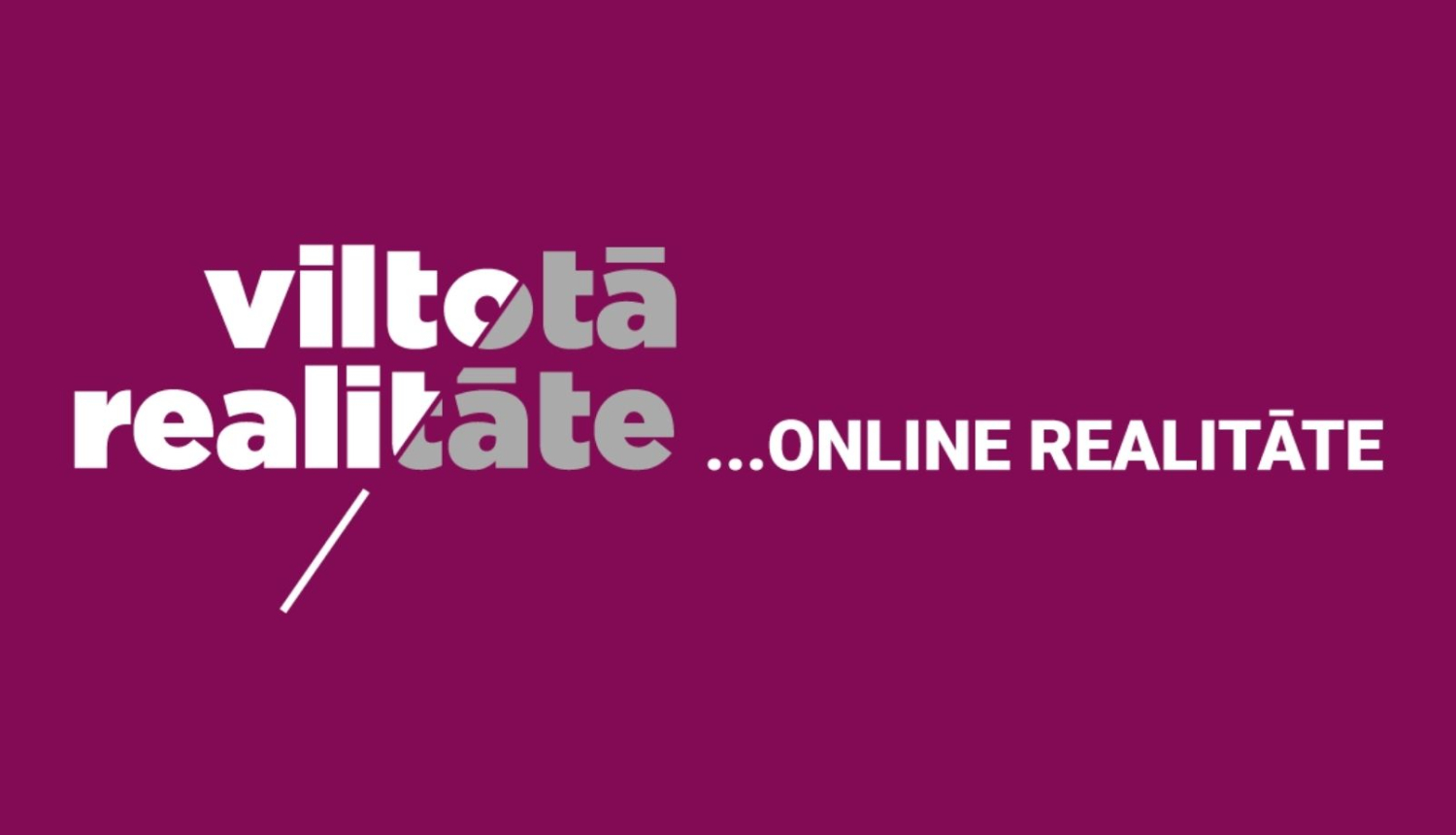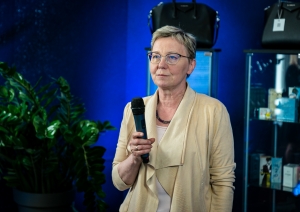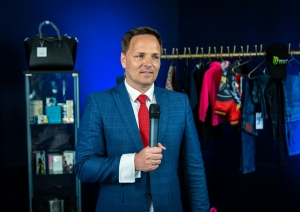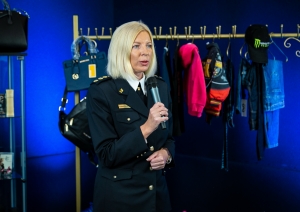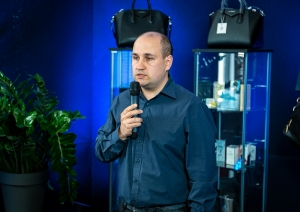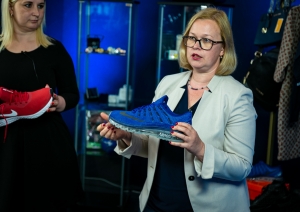On Wednesday, June 9, the Patent Office of the Republic of Latvia, in cooperation with the Ministry of Justice, the National Customs Board of the State Revenue Service (SRS), the State Police and the Consumer Rights Protection Centre (CRPC) launched the fourth "Fake Reality" phase - "Fake Reality - Online Reality", encouraging people not to buy counterfeit goods on the Internet.
"The issue of anti-counterfeiting is becoming increasingly important not only in Latvia but also throughout the European Union," says Raivis Kronbergs, State Secretary of the Ministry of Justice. "With the support of the European Union Intellectual Property Office, anti-counterfeiting campaigns has been launched in all of the EU member states. The problem of counterfeiting has become more acute due to limitations imposed by the Covid-19 pandemic when we were all forced to do shopping online, which has become an integral part of our lives and a habit."
The European Union Intellectual Property Office (EUIPO) has conducted a study on "European Citizens and Intellectual Property" which shows that almost one of ten European citizens or 9% were misled into buying counterfeit goods, whereas 10% fell victim to this crime in Latvia. Bulgaria has the highest percentage of misled people with 19% having been faced by the problem, it is followed by Romania with 16% and Hungary with 15%. In its turn, Sweden had the lowest rate of misled residents - just 2%. The study also found that one third of Europeans were not sure about whether they have purchased an original product.
"Those who distribute fake goods often copy the appearance of Internet or social network shops or ads used by distributors of original products," says Baiba Graube, Acting Director of the Patent Office. "Consumers really need to be careful not to fall victim to counterfeiting. Use of counterfeits endangers our and our families’ health and safety. Buying counterfeits also damages national economies, increases unemployment, encourages human trafficking, damages the environment and finances terrorism."
According to the EUIPO study, fake goods constitute 6.8% of EU imports totalling 121 billion euros, and such products are found in various industry sectors - cosmetics, toys, wine and beverages, electronics, apparel and even such specific products as pesticides, which can seriously endanger consumers’ health and safety, especially in case of dangerous chemical substances.
"Carrying out the duties entrusted to customs in the field of enforcement of intellectual property rights, customs officers detected 23,326 fake items in 258 cases last year," says Sandra Kārkliņa-Ādmine, Deputy Director of the SRS Customs Board. "By comparison, during the first five months of this year, officers have detected 122,856 fake products in 165 cases. In 94% of the cases, the fake products were discovered by controlling postal consignments. These were the articles that people ordered online and hoped to receive in the shipment."
Anyone who wishes to learn more about this issue is encouraged to visit the website www.viltotarealitate.lv, where information is provided in Latvian.
In an online news conference, held to announce the new phase of the project, participated Raivis Kronbergs, State Secretary of the Ministry of Justice, Baiba Graube, Acting Director of the Patent Office, Sandra Kārkliņa-Ādmine, Deputy Director of the SRS Customs Board, and Ivars Jorniņš, Deputy Director of the CRPC Goods and Services Supervision Department. Rūta Olmane, Patent Attorney, Associate Partner at Medita Law Firm Zaboliene and Partners, gave practical advice on how to identify counterfeit products online.
The "Fake Reality" campaign cycle is aimed at raising public awareness of intellectual property protection. People must be informed about violations of intellectual property rights and the harm caused to national economies, employment, health and safety. The first campaign, held in in 2017, had the slogan "Real NOT Fake?". One year later, people were invited to purchase only real items as Christmas gifts, and the campaign’s slogan was "Fake Reality." Last autumn, the Patent Office and its partners organised the third phase of the campaign, "Fake Reality … Still a Reality”, aiming at encouraging people not to buy counterfeit medicines, cosmetics and toys.



